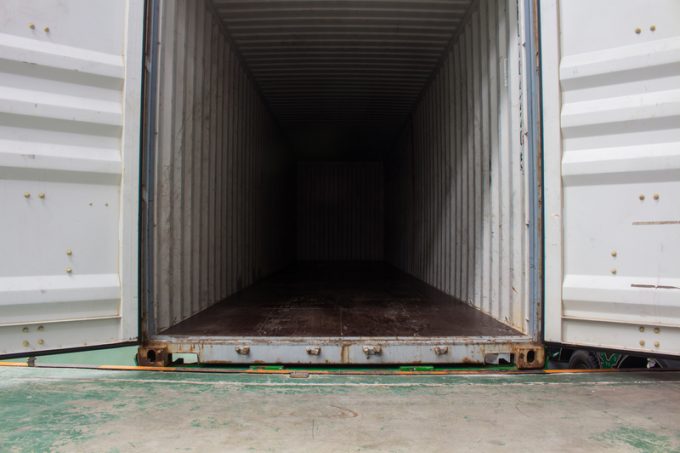Available extra box ship tonnage even harder to find this year
The number of cellular container vessels sold for recycling roughly halved last year, compared with ...

Despite more than two million teu of newbuild container vessels joining the global fleet so far this year, the pool of open tonnage remains at a record low.
This presents a significant challenge to carrier ship managers looking to compensate for schedule delays and essential dry-docking by tapping into the charter market.
According to a survey by Alphaliner, there were only 67 vessels, with a capacity of 195,159 teu, recorded as commercially idle on 12 August, ...
Volcanic disruption at Anchorage could hit transpacific airfreight operations
Macron calls for ‘suspension’ – CMA CGM's $20bn US investment in doubt
De minimis exemption on shipments from China to the US will end in May
Trump tariffs see hundreds of cancelled container bookings a day from Asia
Forwarders stay cool as US 'liberation day' tariffs threaten 'global trade war'
Mixed response in US to 'Liberation Day', while China leads wave of retaliation
Tariffs and de minimis set air freight rates on a volatile course

Comment on this article